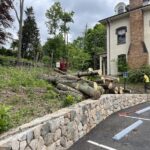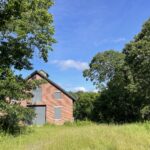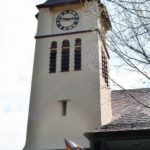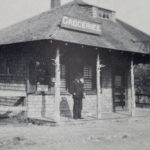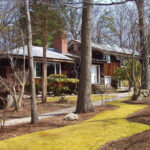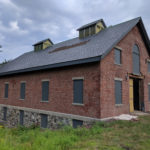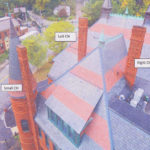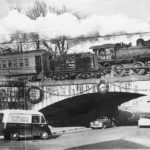
Belmont’s Historic Home Plaques The Belmont Historical Society (BHS) recently celebrated the 10-year anniversary of its historic home plaque program, with 45 plaques now displayed on historic homes around town. Belmont’s historic homes are greatly diverse in their architecture, ranging from Georgian to Victorian to Craftsman and mid-century modern. To qualify for a plaque, a home must be at least 50 years old, retain its original design integrity, and have a clean chain of title. For more information about this program, contact belmonthistory1859@gmail.com. Photos by Evanthia Malliris and John Beaty.


